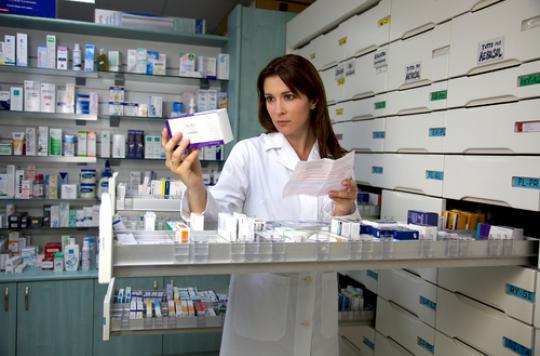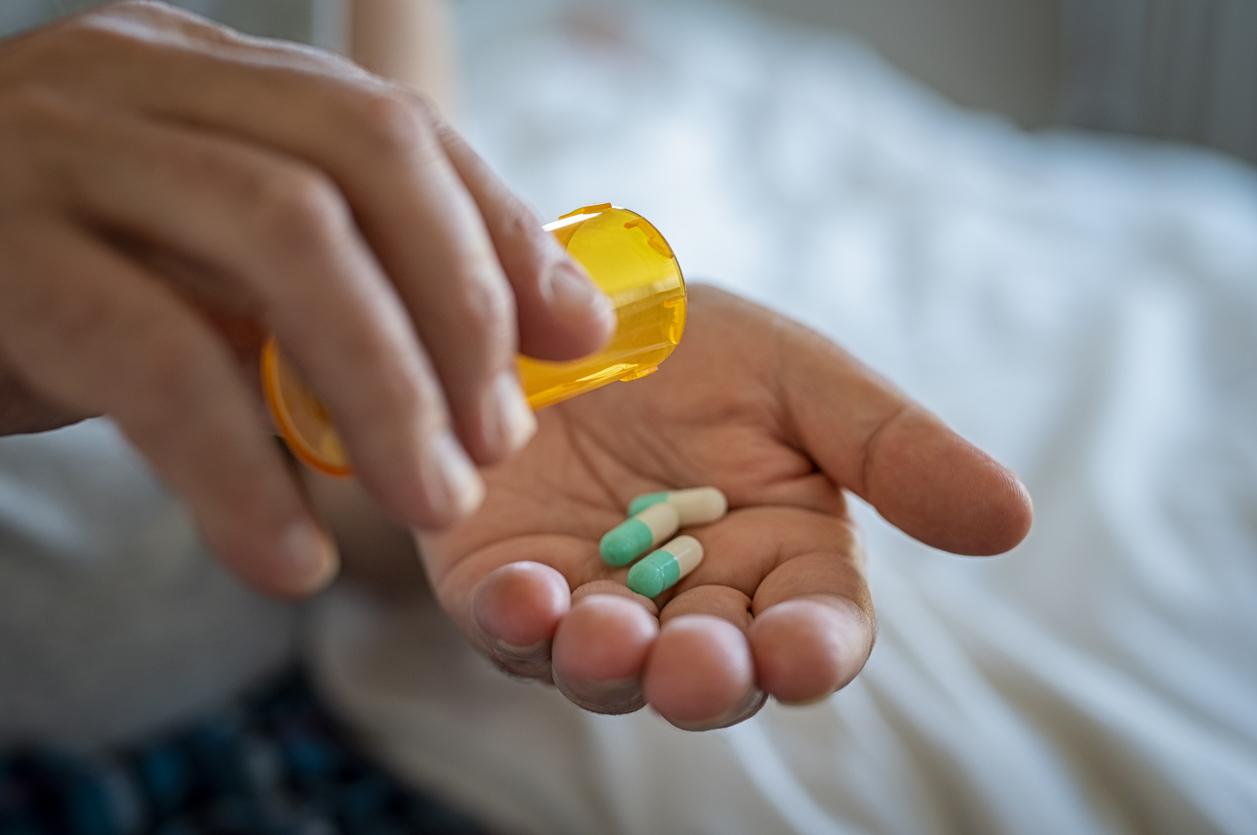The action plan to promote generics is moving the lines. Ten months after its launch, their market penetration increased from 40.8% to 42.9% in volume, according to IGAS.

In an Ifop barometer published a year ago, 45% of French people still admitted to refusing the substitution of the original drug by a generic. With such mistrust, no need to specify that the sale of generic drugs in France is lagging behind, far behind our European neighbors. So, to try once again to promote their use, the Minister of Health, Marisol Touraine, presented a national action plan to the main public health actors a year ago.
This three-year program (2015-2017), the management of which was entrusted to Muriel Dahan, General Inspector of Social Affairs, “aims to encourage the prescription and use of generic drugs in towns, hospitals and establishments. ‘accommodation for dependent elderly people, while respecting the freedom of prescription ”, indicated the Minister. She hoped to achieve nearly 350 million euros in additional savings in 3 years. In a report published on Friday, IGAS (1) makes a first assessment of the 7 axes and more than 80 actions launcheds.
Objective set achievable
The inspectorate is first of all pleased to note the progression of the penetration of generic drugs on the market. “Over the first 10 months of 2015, the share of the directory increased by 2.1 points compared to the average observed in 2014 (for drugs delivered in town, outside the hospital)”. They now represent 42.9% of the market by volume, “which seems quite satisfactory given the lack of significant patent lapses,” she says.
Conclusion of the inspectors, “this slight growth shows the first effects of the plan, even if there is still room for improvement to reach the objective set at +5 points of boxes of generics sold in 3 years”, she continues.
Act on hospital purchases
In addition, the plan has also enabled other advances, in particular to act on hospital purchases, (…) to improve the use of prescription assistance software or to make the names of molecules more visible on boxes of drugs, it is written.
Since January 1, 2015, doctors have in fact been required to prescribe using an international non-proprietary name (INN), that is to say from the name of the molecule and not from the trade name of the drug.
But in a survey carried out in October by the Vidal database, cited by IGAS, only 70% of general practitioners said they had changed their behavior since this measure, and only 53% of specialists. Proof that there is still work to be done, even on the part of prescribers …
The IGAS concludes by recalling that the plan is based on a charter signed “by the majority of the actors concerned, but not by the unions of liberal doctors, nor by the Order of doctors, in a context then tense by the health law”.
In accordance with the plan, the prescription of generics will nevertheless be part of the tariff negotiations currently taking place between the unions of liberal doctors and the Health Insurance. To be continued…
(1) General Inspectorate of Social Affairs
.















